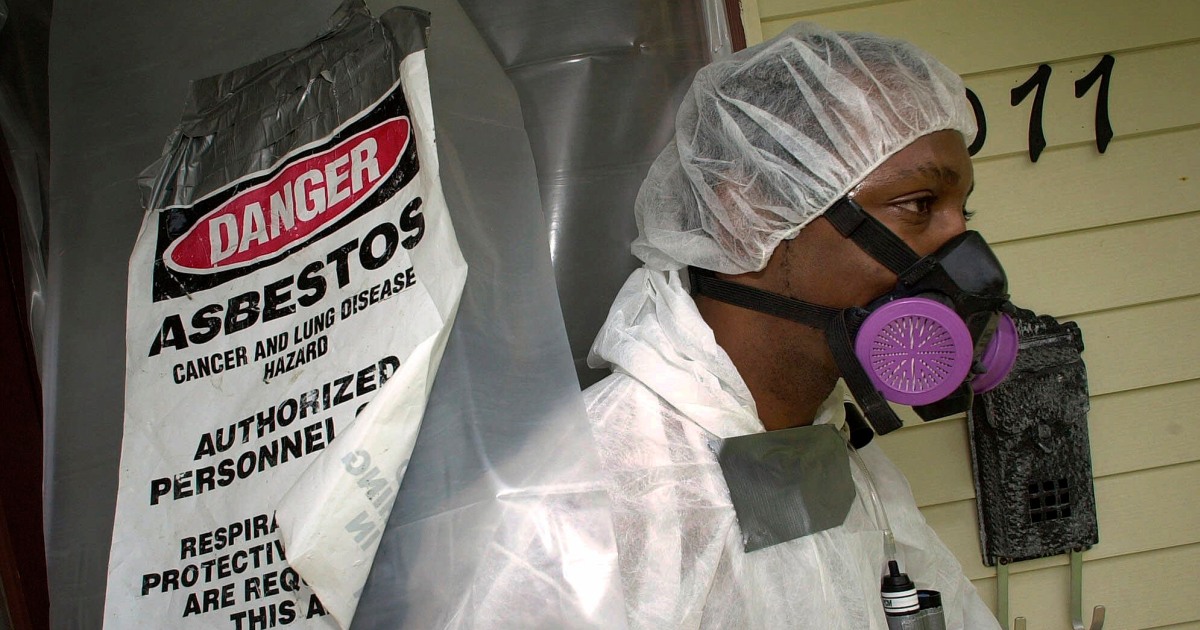This is how we prepared an air perfume made of rice (Mama Mila)
Alarmingly, every year the amount of toxic substances in our air, food, and water is increasing.
A study by the US Environmental Working Group found that the average person's body contains over 91 toxic chemicals, including those known to cause cancer, brain damage, and possible harm to the fetus. These substances can enter our bodies through the air we breathe, the water we drink, the food we
eat that we eat, and substances we put on the skin. The common sources of the toxic substances are: health and beauty products, cleaning agents, pesticides and herbicides, industrial pollutants, preservatives and flame retardants, fuels of various types and solvents, plastics and cooking utensils.
Does the dose determine the degree of toxicity?
Studies show that quantities considered toxic are not needed to cause damage.
It turns out that even small amounts of some of these substances can lead to various injuries.
These substances, known as "hormonal activity disruptors", mimic the hormones in our bodies, and can cause a variety of problems such as: obesity and diabetes, impaired fertility, various types of cancer, diseases of the thyroid gland and harm to the developing fetus.
Even small amounts of some of these substances can lead to various injuries.
Pesticide (Photo: ShutterStock)
What are the worst disruptors of hormonal activity and how to avoid them?
Bisphenol A
In 2018, the FDA claimed that in currently approved uses, bisphenol A is safe to use.
But soon after, 3 articles were published that came to the conclusion that, contrary to the FDA's announcement, bisphenol A is not safe.
In fact, the greatest number of health effects are found at doses that are 20,000 times lower than what is currently defined as a "safe" level for humans.
Among other things, it was found that it increased the risk of cancer and neurological damage.
Tips for reducing exposure:
●Eat fresh food and not canned food (many of which are coated with BPA).
●Avoid taking receipts (the thermal paper from which they are made can contain bisphenol A).
●Store food and drinks in glass or stainless steel containers and not in plastic.
Dioxins
The main sources of dioxin emissions are metal factories and illegal burning of household waste.
These substances sink into the environment, contaminating the food chain, so that 95 percent of human exposure to dioxins comes from animal food.
Dioxins can cause cancer, damage to the sperm count, damage to the immune system, mental retardation, and autism.
To reduce exposure, eat a varied diet that is rich in plant foods and do not rely only on animal foods and do not burn waste.
phthalates
These materials are used to soften plastic as in PVC products, and are found in the coating of medicine pills, cleaning and personal care products that emit odors, and packaging and children's toys.
Phthalates can cause many health problems such as cancer, type 2 diabetes, obesity, autism, and asthma.
Standards have been published in Israel that limit their use in children's toys and food packaging.
Tips for reducing exposure:
●Avoid plastic food containers.
●Avoid plastic toys for children.
●Avoid plastic packaging that is made of PVC.
●Avoid cleaning and care products that contain "perfumes" in the list of ingredients.
Toxic substances used to soften plastics.
Plastic boxes (Photo: ShutterStock)
Perchlorate
Perchlorate originating from the military industry can contaminate drinking water, and many water wells in the coastal area have been closed because of this.
Perchlorate entering the body competes with the iodine needed for the normal activity of the thyroid gland and can cause a change in the balance of thyroid hormones.
Tips for reducing exposure:
● Prefer filtered drinking water.
●Ensure that you get a proper amount of iodine from the food you eat.
(eg algae and sea fish).
flame retardants
Flame retardants are a group of chemicals designed to prevent fire from igniting, and can be found in products such as home furniture, plastic products and electronics.
They are problematic both in prolonged exposure which can damage the nervous system and cause allergy and damage to the fetus, and in exposure during a fire where they release toxic gases and can increase the number of people killed in a fire.
Tips for reducing exposure:
● Prefer to buy a mattress without flame retardants.
● Prefer to use a vacuum cleaner with a HEPA filter, which can suck up the dust released by flame retardant products in the home.
arsenic
Arsenic exposure can occur from living near factories that use arsenic such as glass factories, or from eating rice.
The rice is imported to Israel from areas where the water contains arsenic, and compared to other crops, the rice tends to absorb more arsenic.
Arsenic tends to accumulate in the outer layers of the rice grains, so brown rice contains more arsenic than white rice.
Exposure to arsenic can cause skin diseases, heart diseases, diseases of the nervous system, diabetes, cancer and damage to the developing fetus.
Tips for reducing exposure:
Prefer white rice over whole grain rice.
●Cook the rice in a lot of water (6-10 cups of water for each cup of rice) and wash it after cooking.
●Variate your diet so that it is not based for the most part on rice.
Arsenic tends to accumulate in the outer layers of the rice grains.
White rice (Photo: ShutterStock)
mercury
The main source of mercury exposure is from eating fish.
The bigger the fish and the longer its lifespan, the more mercury it accumulates.
Mercury can damage the nervous system, and can cause severe damage to the fetus.
The fish that contain the highest concentrations of mercury are large fish such as: swordfish, sharks, and large tuna fish.
Tips for reducing exposure:
●For pregnant women and children: it is allowed and important to consume fish because of their nutritional value.
It is recommended up to 3 fish dishes per week and to prefer small and medium fish of various types.
It is recommended not to eat large fish such as shark, swordfish, and white tuna (albacore) which may contain mercury in quantity
chemicals called PFCs
These materials are used to coat pans and pots to prevent sticking (like Teflon), and are also used as stain and water repellent materials.
Exposure to these substances is associated with kidney disease, thyroid disease, high cholesterol, and heart disease.
Tips for reducing exposure:
●Avoid non-stick pots and pans.
●Avoid stain and water repellent coating on clothes, furniture, and carpets.
organic phosphorus
These substances are used to produce pesticides that damage the nervous system of insects.
The main exposure to these substances is in the consumption of food with pesticide residues, as well as through breathing when spraying agricultural fields.
Organophosphates can damage the nervous system, and have been found to be associated with cancers such as leukemia and lymphoma.
Tips to reduce exposure:
● Prefer to purchase organic produce
Prefer to buy organic produce.
Organic vegetables (Photo: ShutterStock)
We live in a world where we are exposed to a very large number of toxic substances that can harm us.
Some things we cannot control, but we have the ability to reduce the exposure by several actions:
Pay attention to the cleaning products and cosmetics you purchase and try to use natural products without harmful ingredients.
Replace the plastic dinnerware with glass or stainless steel dinnerware.
Avoid using non-stick pans and pots.
Prefer organic produce to reduce exposure to pesticides.
Use a water filter.
Prefer small and medium-sized sea fish, and vary the types of fish you eat.
Prefer white rice over brown rice and don't base most of your diet on rice.
Eat real, non-industrialized food, and increase your vegetable intake.
Help your body get rid of toxins by drinking enough water, eating enough fiber, and encouraging sweating through exercise or sauna.
Dr. Dalit Driman Medina is an expert in family medicine, integrative and functional medicine, personal and scientifically based treatment for those suffering from chronic diseases
health
my health
Tags
chemicals
organic
pest control
food
Rice
plastic
vegetables














/cloudfront-eu-central-1.images.arcpublishing.com/prisa/S7ERVSCT4FUVX6R7TUVBDNTH5Y.jpg)
